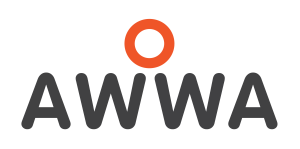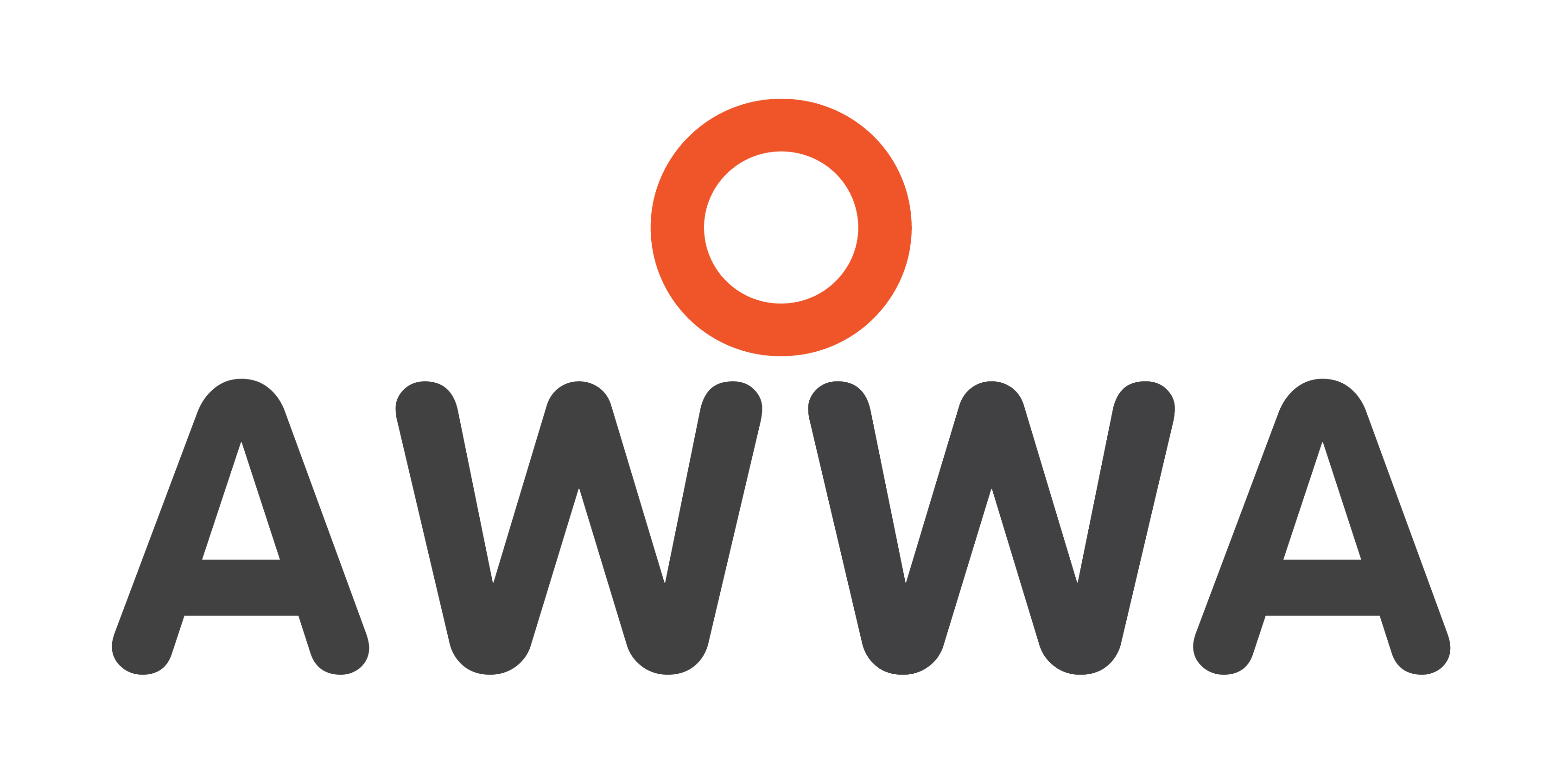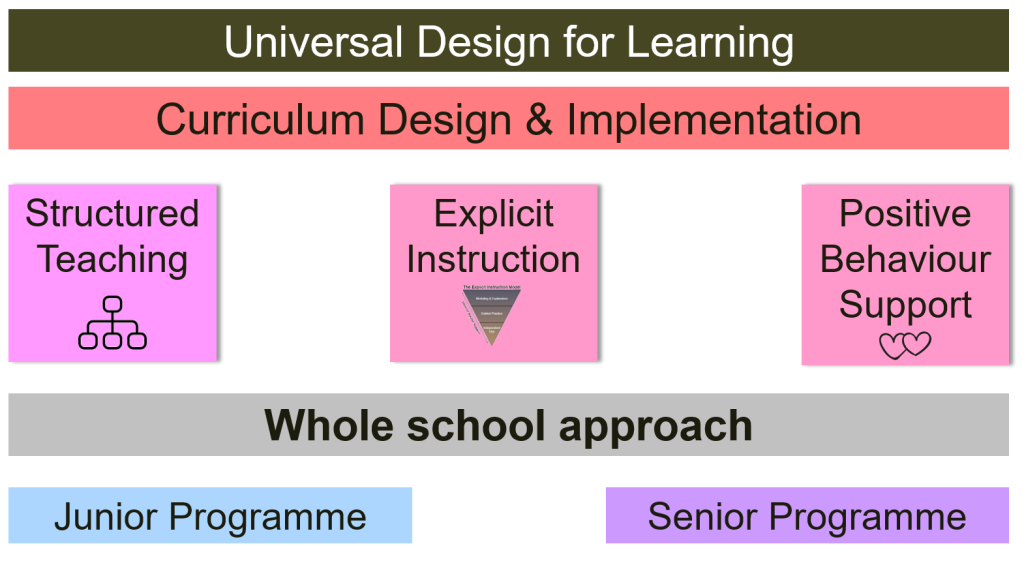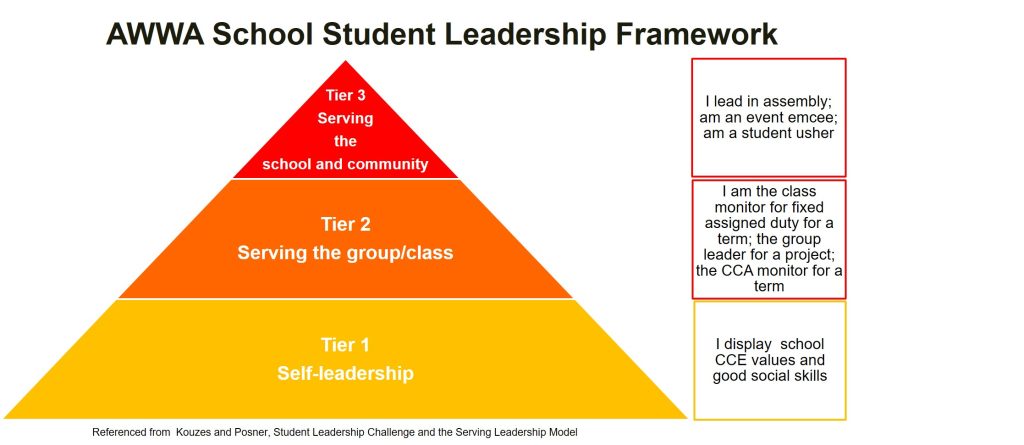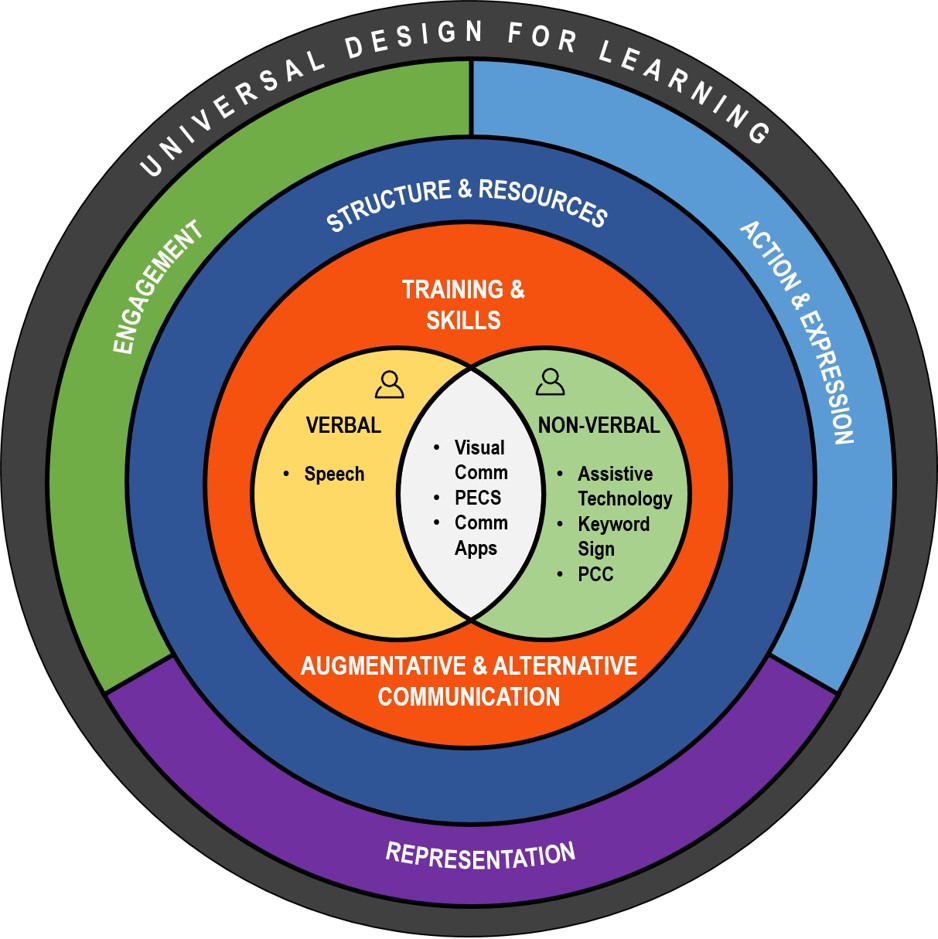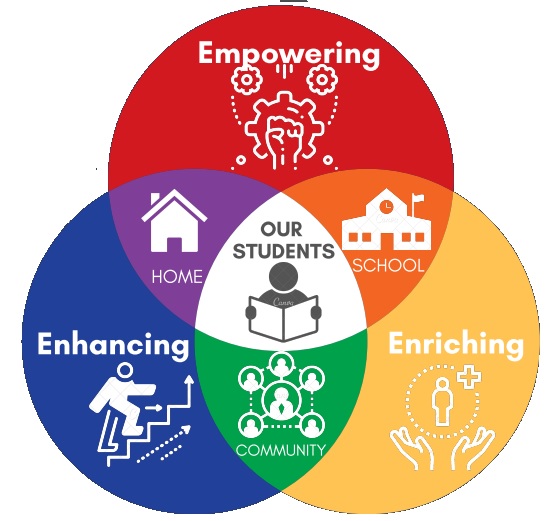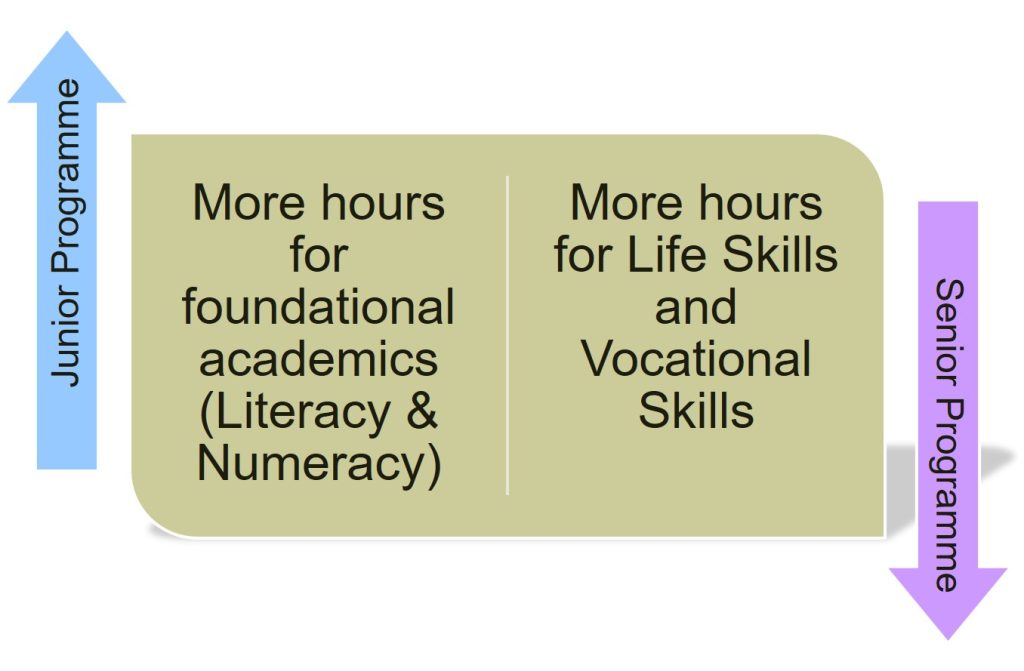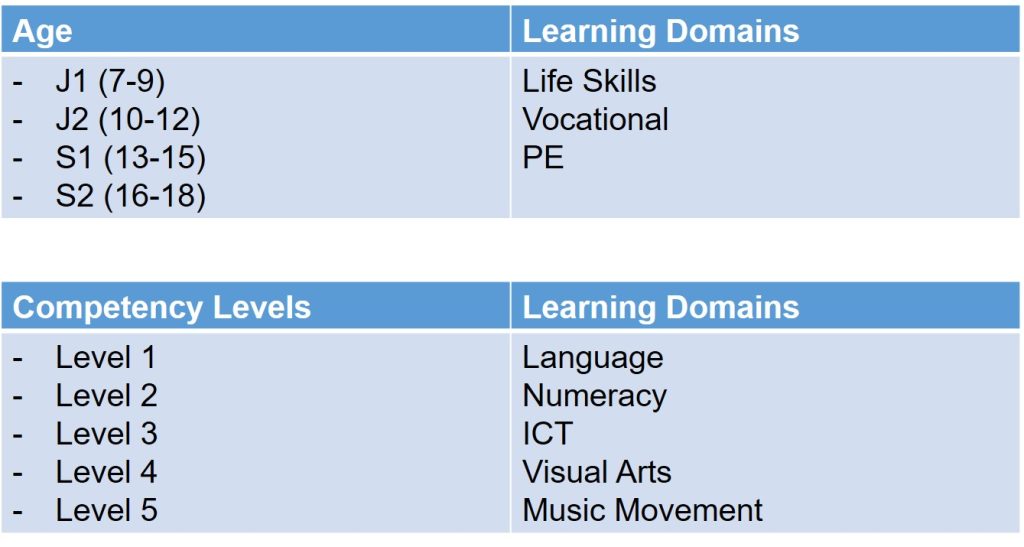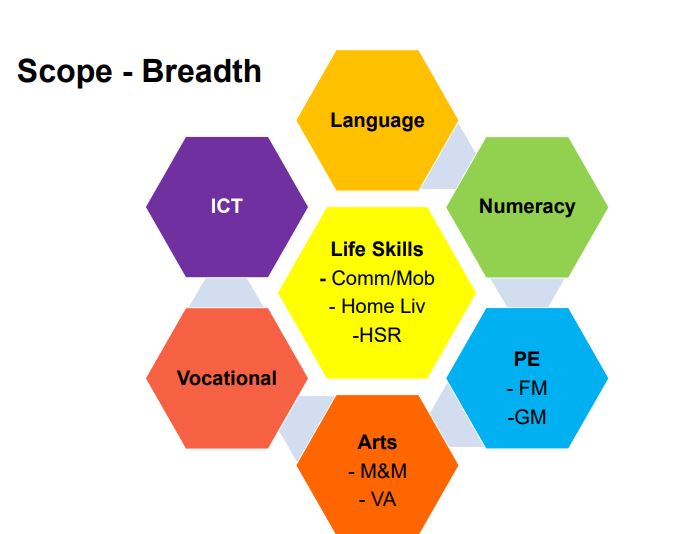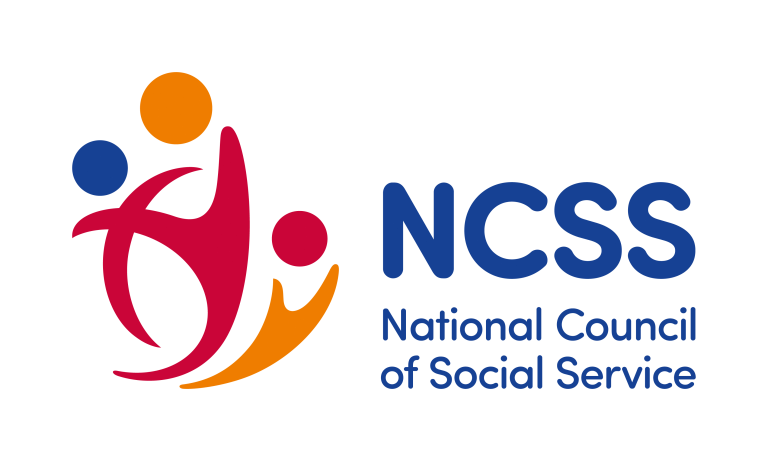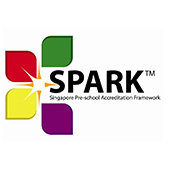AWWA SCHOOL
CURRICULUM
Curriculum
AWWA School focuses on equipping every student with the necessary knowledge and skills that will allow them to lead meaningful lives as independently as possible.
The curriculum covers the learning domains of functional academics (Language and Numeracy), Arts, ICT, PE, Daily Living Skills and Vocational.
The school also has a Citizenship and Character Education (CCE) programme, and Student Leadership framework to ensure that students develop values such as Care, Concern, Commitment, Integrity, Resilience, Teamwork and Harmony through the practice of self-leadership, leading in class and across levels.
The CCA programme has various CCAs; from Sports, Clubs and Performing Arts, to expose our students to the different activities that can develop their interests and strengths in non-curriculum areas.
The school uses the Universal Learning for Design framework to guide curriculum design and implementation. This means that the learning environment, content and process aim to reduce barriers to learning through providing multiple means of engagement, representation and action-expression for students. Guided by this, the school uses approaches such as Structured Teaching, Explicit Instruction and Positive Behavior Support to develop motivated, engaged and successful learners.
As part of the Universal Design for Learning and Positive Behavior Support strategies, all students are given access to communication support through Alternative and Augmentative Communication (AAC) and Assistive Technology (AT).
